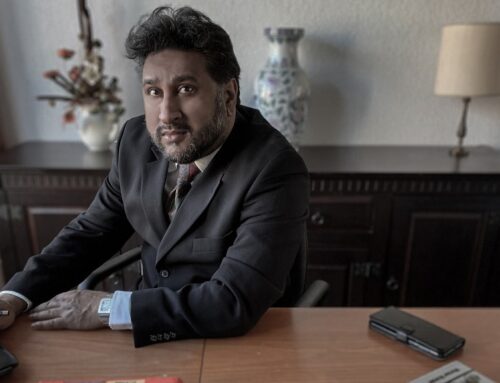
The University of Liège reflects the city’s long history as a centre of intellectual life and learning. Liège has been attracting students and researchers since the 11thcentury, and the university, founded in 1817, continues that tradition. Rector Bernard Rentier points out, “Liège was known as the ‘Athens of the North’ in the Middle Ages and became even more renowned when the Collège opened in 1496 at the very site of the university’s current main building.”
Today, the University of Liège is playing a key role in supporting Wallonia’s dynamic development. Bernard Rentier explains, “The university has long had a strong reputation in the technologies, and we have always had a close relationship with the industrial sector.” In fact, the university has produced 112 spinoff companies and has been active in business-creation for over 30 years.
Following a recent reorganisation to improve efficiency, the university has 11 faculties and three research councils. It is the home of the renowned GIGA Applied Genoproteomics research centre, which employs around 600 researchers and involves the participation of the faculties of engineering, medicine, pharmacy, veterinary medicine, biology and bioengineering, including biostatistics.
Another of the university’s specialities is space research, and facilities on campus allow for testing satellites at very low pressures and temperatures designed to replicate conditions in space. “Everything that has to be done with testing optics in satellite technology is handled here. Institutions around the world send their optics here to be tested,” Bernard Rentier explains.
Drawing students from all over the world
The university attracts students from all over the world thanks to, excellent research facilities, strong reputation, well-established training programmes in local companies, and proven ability to place students in professional positions after graduation. Already drawing many French-speaking students, including from France, the university is currently stepping up its English and German programmes.
Looking to the future, Bernard Rentier anticipates more partnerships between the University of Liège and the private sector. He says, “Marshall Plan 2 has been really successful in bringing universities and companies together, and I believe this trend will continue. I believe that the Belgian universities which will survive the current economic crisis best are those deeply involved in business and industry. Through a new programme launched in 2012, the University of Liège is very active in revitalising Wallonia’s economy and I hope that we will get increasingly involved in projects which benefit the local community, including those areas of academic excellence such as basic research and humanities that cannot so easily develop industrial partnerships”
University of Liège
7 Place du 20 Août, A1
4000 Liège
Tel: + 32 4 366 2111
[email protected]
www.ulg.ac.be





